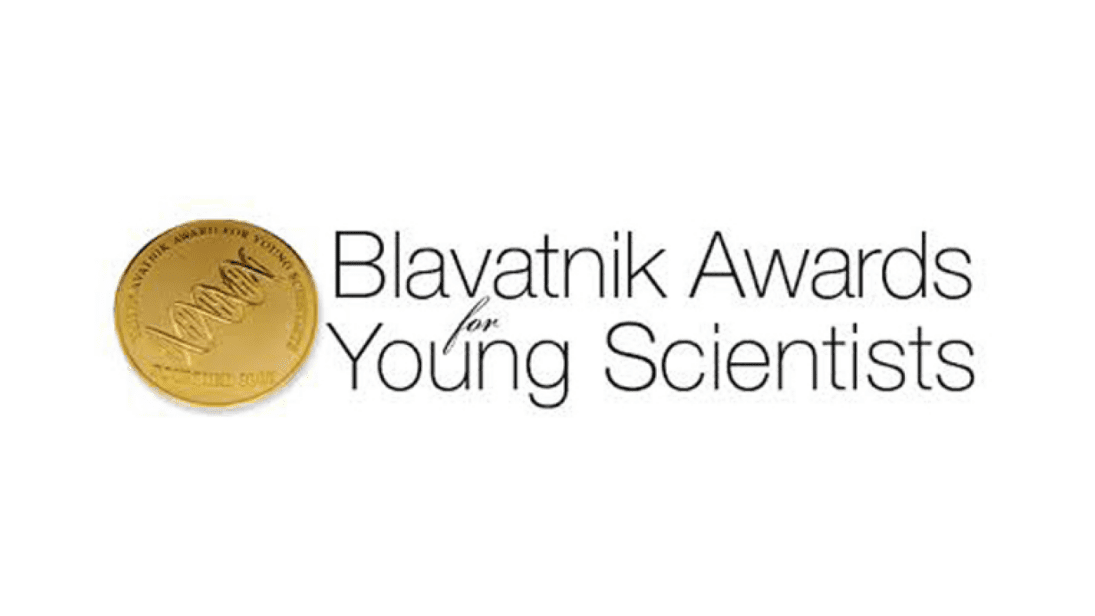Known as the Chicxulub impact, it set off a global shock wave, earthquakes and megatsunamis that exterminated the nonavian dinosaurs and plunged Earth into a long and dark winter.A study published Monday in the journal Nature Geoscience has uncovered a cause of this cold snap: dust. The study’s authors say that micrometer-size fine silicate dust lingered as long as 15 years in the atmosphere after the impact and contributed to the global cooling. Additionally, they say, all photosynthetic activity on Earth may have ceased completely within two weeks following the Chicxulub impact largely because of fine dust. Stephen Brusatte, a paleontologist at the University of Edinburgh and a Blavatnik Awards Laureate, who was not involved in the research, said studies like this one aided understanding of the time period after the asteroid’s impact.
Dust Might Have Snuffed Out the Dinosaurs

bff-young-scientists
Learn More
Discover the cutting-edge science we fund
Providing many of the world's best researchers, scientists, and universities with support, and funding to discover breakthroughs that solve humankind's greatest challenges.
See how we support great cultural institutions around the world
The Foundation contributes to renowned institutions that showcase the breadth of arts and culture, including performance, exhibition and education.
Visit the Blavatnik Archive
The Blavatnik Archive is a nonprofit foundation dedicated to preserving and disseminating materials that contribute to the study of 20th-century Jewish and world history, with a special emphasis on World War I, World War II, and Soviet Russia.
